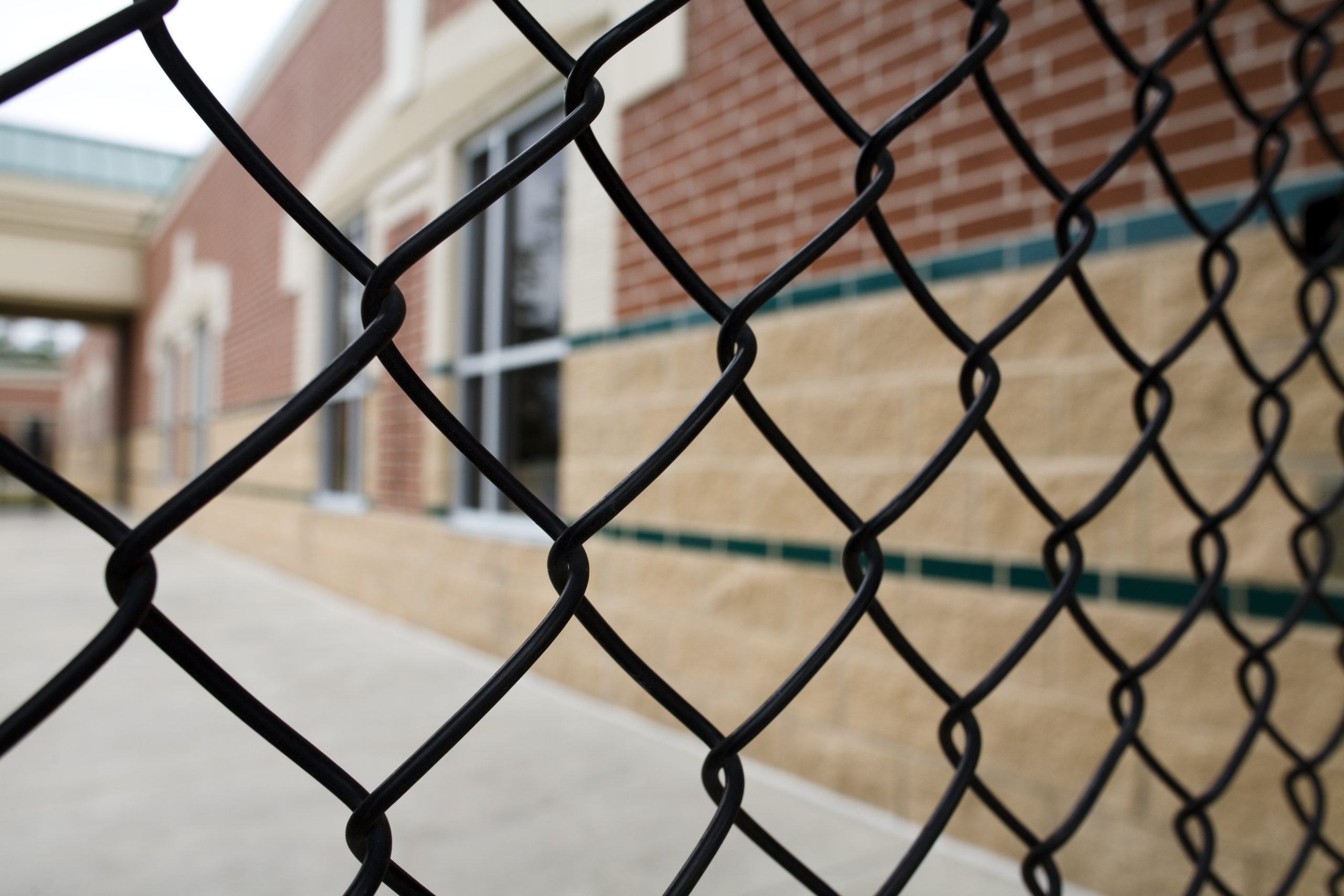By Andrew Keller
Teams from a select cohort of four school districts in rent-burdened communities around the state met at Selma Community Housing in Los Angeles Oct. 13 for the launch of a pilot CSBA workshop series designed to help convert existing school property into employee housing. The Selma housing development provides affordable housing options to Los Angeles Unified School District (LAUSD) employees, one of several models demonstrating a novel approach for local educational agencies to help staff impacted by California’s housing affordability crisis.
With only 17 percent of homes in California affordable on the average teacher salary, this new approach can help attract and retain teachers in communities where students need them the most. The Education Workforce Housing (EWH) Workshop Series, funded by a grant from the Chan Zuckerberg Initiative, builds upon the ground-breaking research collaboration between UCLA cityLAB, UC Berkeley Center for Cities + Schools and CSBA into best practices and opportunities to develop housing using land owned by LEAs. Education Workforce Housing in California: Developing the 21st Century Campus and its companion handbook provide a much-needed guide to navigate the complexities involved in affordable housing development as more LEAs refuse to wait for municipalities to take action.
While the research directly led to the development of CSBA co-sponsored Assembly Bill 2295 (Bloom, D-Santa Monica) and greatly reduced the number of barriers and factors driving project timelines, districts and county offices of education asked for more hands-on support from CSBA to build momentum on these projects. The EWH Workshop Series does just that.
Bridging the gap between research and the real world
Housing projects are novel to most LEAs and the number of successful projects across the state is extremely small. The research shows that the most common success factors are consistency and stability over time as well as a strong team of partners throughout the community. CSBA developed the EWH Workshop Series to help teams develop and refine a shared vision for their projects, collaborate with real-world experts on innovative solutions to the wide-ranging challenges unique to their scenarios, and create a strategic roadmap to bringing their vision to reality.
In parallel, CSBA is curating a statewide resource library to expand upon the research report and handbook by sharing templates, workbooks, sample resolutions and other resources for LEAs interested in their own projects. A select cohort of “listen-in” LEAs is also following along with the workshops to help accelerate their own housing efforts, helping to expand the reach of the pilot.
Workshopping with the experts
At the Los Angeles workshop, facilitated by the Global Policy Leadership Academy, diverse district teams of board members, superintendents, staff and community partners met with the research authors from UC Berkeley and UCLA along with the team behind the Selma development. Each team shared details about their projects, collaborated on the challenges ahead, toured the Selma site with the developers and LAUSD representatives, and met with a resident to learn how a project like this can impact the lives of those who care for our students every day. Participants walked away with materials and tools to do deeper geospatial analysis on potential housing sites and begin the process of consensus-building around the vision for housing in their communities.
What’s next?
The four districts will continue to meet with the research team and other experts through early spring 2023 as the EWH Workshop Sessions explore topics such as needs analysis, site design, financing, regulations and community engagement. The next session will take place during AEC in San Diego, and CSBA will continue looking for policy opportunities like AB 2295 to streamline the housing development process for schools.
Andrew Keller is CSBA senior director. Executive Office Operations & Strategic Initiatives





